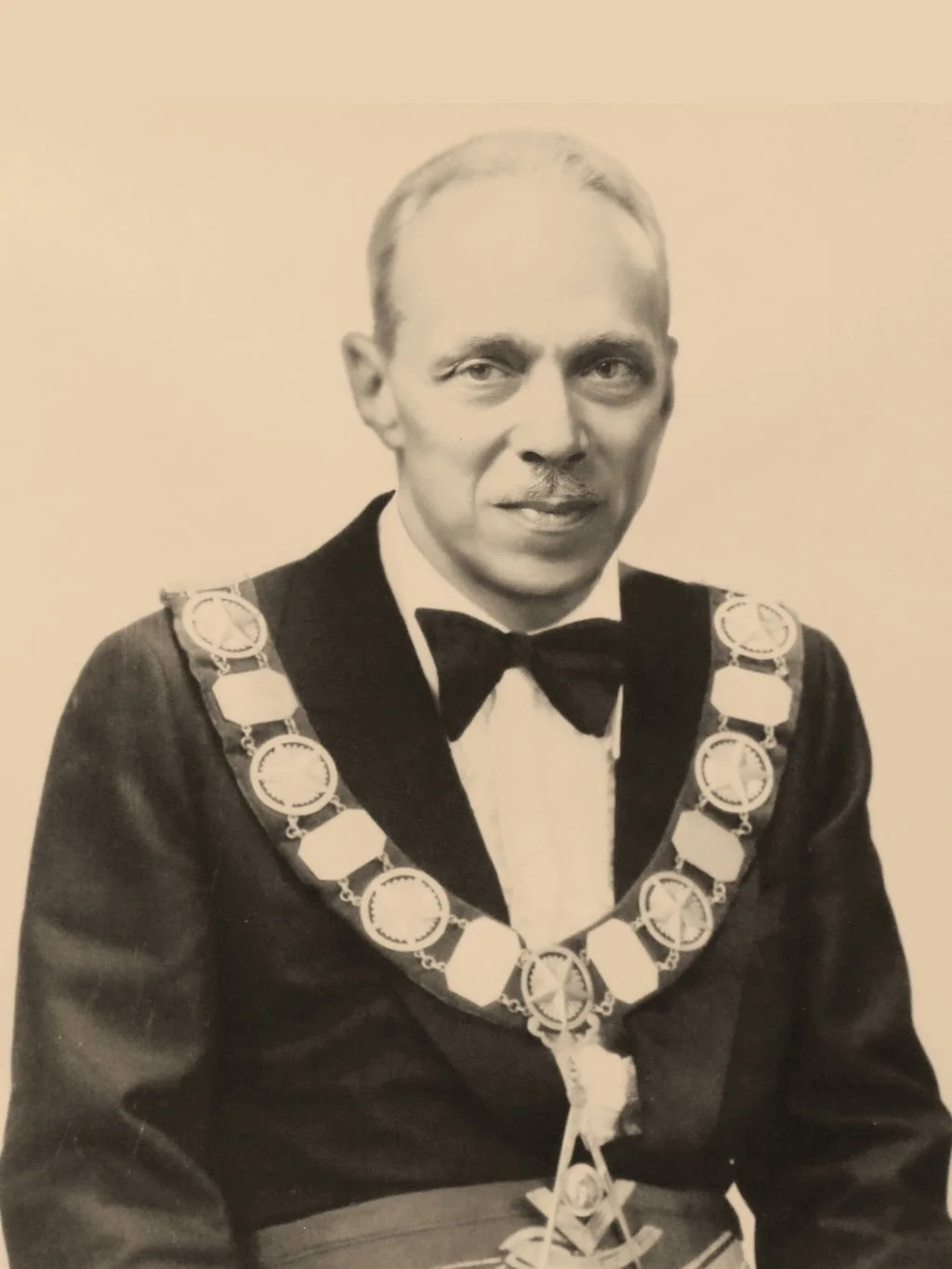Order of Merit for National Foundation
1st Class
Republic of Korea Medal
What is Merit for National Foundation:
A medal awarded to those who have made distinguished contributions to the establishment of the Republic of Korea or those who have made distinguished contributions to the foundation of the nation.
1st class:
More than 8 years of activity
George Ashmore Fitch(🇺🇸):
[1891. 2. 08 ~ 1960. 8.13]
Achievements
Served as YMCA General Secretary in China:
Arrived in Shanghai on December 25, 1909, and served as the general secretary of the YMCA across various regions in China until 1945.
Actively engaged with Chinese Nationalist Party members and was a founding member of the Shanghai Rotary Club.
Collaborated closely with prominent figures such as Sun Yat-sen, Chiang Kai-shek, and Zhang Qun.
Supported the Korean Independence Movement:
Influenced by his father, George Field Fitch, who supported Korean independence activists.
Provided refuge to Kim Gu and his group after Yoon Bong-gil’s heroic act at Hongkou Park in 1932, protecting them from Japanese authorities for a month and aiding their escape from Shanghai.
Campaigned for the release of An Chang-ho, who was unlawfully arrested by Japanese police, by sending protest letters to French authorities and newspapers.
Established Nanjing Safety Zone During Nanjing Massacre:
Appointed as general secretary of the Nanjing YMCA in 1936.
Collaborated with John Rabe and other international figures to establish and operate a safety zone during the Nanjing Massacre in 1937, protecting civilians from Japanese atrocities.
Actively exposed the horrors of the Nanjing Massacre to the world, challenging Japanese imperialism.
Advocated for Korean Provisional Government in the U.S.:
His wife, Geraldine Fitch, became a patron of the American-Korean Association and delivered speeches on Korean independence in the U.S.
Reported to the U.S. State Department in 1944 on the structure and potential post-war roles of the Korean Provisional Government, advocating for the use of the Korean Liberation Army in the war against Japan.
Contributed to Post-War Recovery Efforts:
Served as a representative for the United Nations Relief and Rehabilitation Administration (UNRRA) in China after retiring in 1945.
Appointed as general secretary of the Korean YMCA in 1947, organizing branches and leading relief efforts across Korea.
Continued his relationship with Korea after returning to the U.S. in 1949, focusing on relief and aid activities.
Recognized by South Korean Government:
Awarded the Order of Cultural Merit by the South Korean government on January 8, 1952.
Received the Order of Merit for National Foundation (Independence) on March 1, 1968.


